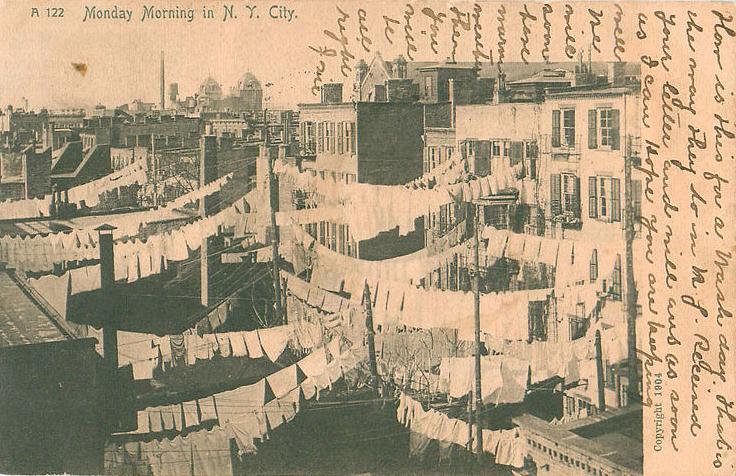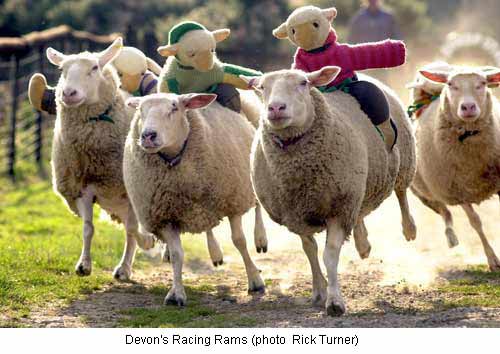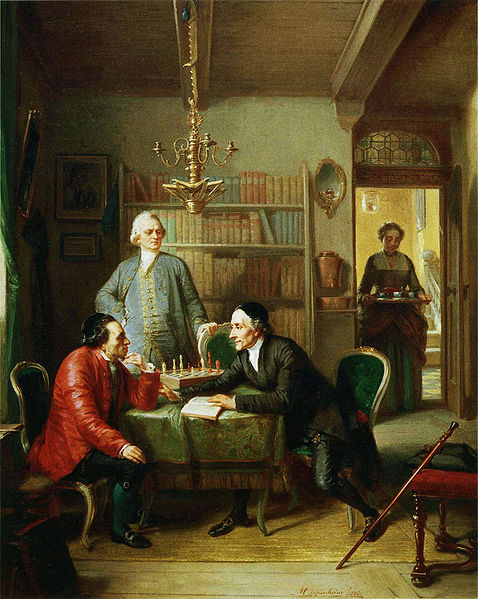Some time ago, Rush Limbaugh said, “Bottom line, we don’t like being told what to eat; we don’t like being told how much to exercise . . .” regarding First Lady Obama’s Let’s Move initiative to eliminate childhood obesity.
Politics USA
Mr. Limbaugh has, on the same issue, made a joke about Mrs. Obama coming for our furnaces as a way to get kids to go outside and play.
Given the health catastrophe created by obesity, in one sense, this is about as funny as making a joke about lung cancer or a woman having only one breast, having lost the other to breast cancer. . . not funny. But in another way, it actually is pretty funny . . . about as funny as these one liners . . .
Bottom line, we don’t like being told what to read or how to r– r— r–e–a–d it . . . (about Laura and Barbara Bush’s literacy campaigns)
Bottom line, we don’t like being told what to do with street kids . . . what does it matter whether we house them or use them for ear muffs? (about Dolly Madison’s support of orphans)
Bottom line, we don’t like being told what to wear to work – who cares if we want to go barefoot? Toes? Who needs toes? in response to Helen Taft’s efforts to insure workplace safety.
Bottom line, we don’t like being told how long to work our animals – next thing you know, they’ll be telling us we can’t beat our mules – the saying ‘stubborn as a mule’ is true, don’t you know? in response to Florence Harding’s efforts to promote the humane treatment of animals.
Bottom line, we don’t like being told that West Virginians are people too (by the way, did you know that it’s legal for a man to marry his widow’s cousin in West Virginia?) in response to Eleanor Roosevelt’s work for the people of Appalachia.
Bottom line, we don’t like being told that we shouldn’t throw our trash out the window of our cars – we like how the cans glitter in the sun in response to Lady Bird Johnson’s ‘Beautify America’ environmental campaign.
Bottom line, we don’t like being told that we should volunteer – if someone’s telling me to do it, I’m not a volunteer, now am I? in response to Pat Nixon’s volunteerism campaign.
Bottom line, we don’t like being told what we put in our mouths – that’s our business whether it’s a hamburger from McDonald’s or any kind of pills I can get my hands on in response to Nancy Reagan’s ‘Just Say No’ campaign.
Bottom line, I fear, is simply this:
we don’t like. . . we don’t like anyone telling us what to do – even when it’s good for us. . . not our First Ladies (or at least some of them), not our preachers, not our bosses, not our family and friends, not even our parents. . . because we are exactly two years old and we just don’t like it!
The conversation would be ridiculous and easily dismissed if it weren’t for the fact that so many actually take it seriously.
Seriously, if you want to continue to eat those french fries, go right ahead. But if I’m paying for it (as I do through my taxes when it comes to school lunches), aren’t I entitled to a voice in what goes on the menu? And isn’t healthy better for our kids than unhealthy when it comes to food choices? Do we really want the measure of a good school lunch to be what the kids want as opposed to what’s good for them? Do we really want what kids eat at school to be an issue of personal freedom as opposed to an issue of health?
I doubt it. Really. Think about it: do you want your kids or anyone else’s, for that matter, to stop reading books or to read only trash at school in order to assure their personal freedom? No. What you want is for them to read good books, books that demonstrate quality literature, a sense of history, books that will teach them something worth learning. And don’t you want their bodies to be as well fed as their minds? I know I do.
So, Mr. Limbaugh, I actually thought the furnace joke was a little bit funny. But only a little bit – because I believe you on the other stuff. If I didn’t (believe you), it would be different. But I do. I believe you that you mean it when you imply that encouraging healthy eating among the young smacks of totalitarianism. I believe you that you mean it when you say, even when it comes to children, that you don’t want anyone telling you better.
And that, Mr. Limbaugh, leaves me with these observations:
Bottom line, we don’t like it when you tell us that childhood obesity doesn’t matter.
Bottom line, we don’t like it when you tell us that nutritional education is a form of mind control. That’s just plain silly.
Bottom line, we don’t like it when you act as if the health of our young shouldn’t be important to us.
Bottom line, we don’t like it when you try to teach us that the freedom to be foolish is more important than the collective wisdom of every branch of science when it comes to our young.
Bottom line, Mr. Limbaugh, we don’t like it when you tempt us to be dumber that we ought to be when it comes to our kids. We don’t care who you like or don’t like. That shouldn’t make any difference when it comes to evaluating the truth. If all you’re offering us, Mr. Limbaugh, is a way to lampoon our political ‘enemies’, those, sir, are empty calories indeed.
And while we may love those empty calories, we know they’re bad for us.
And so we’re going to stop eating from your plate; it just isn’t good for us.
That’s what I wish we would say.
___________________
SOURCE for causes supported by various First Ladies:
National First Ladies' Library

















